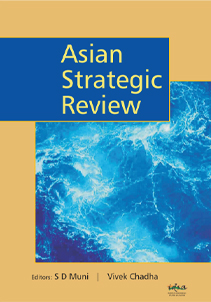Recent Transitions in the Leadership of the PLA Rocket Forces
The leadership transition in the Rocket Forces shows that the service is not only integrating with other services but that its officials are increasingly called upon to other services to facilitate joint training and exercises.
- M.S. Prathibha
- June 06, 2016













